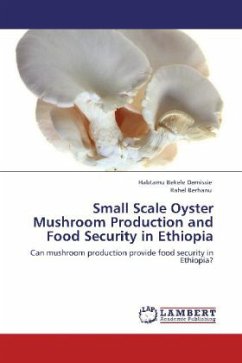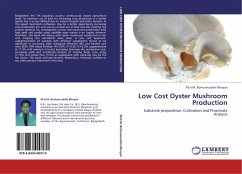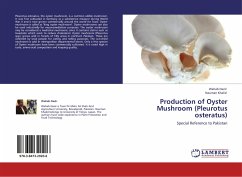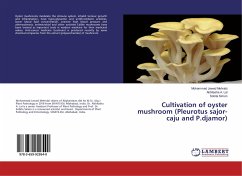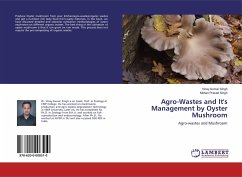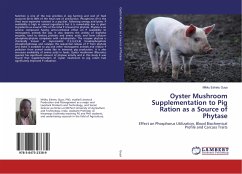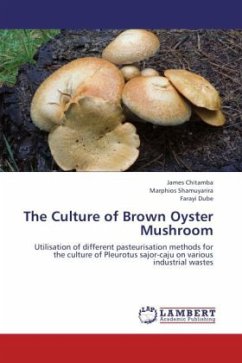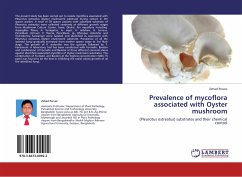Mushrooms are important fungi that play a great role for food self-sufficiency and to fill the gap of protein deficiency found in most cereal crops, vegetables and fruits. Moreover, they are known for their flavor enhancing property, medicinal value as well as cholesterol free food. The great advantages of mushroom lies in their ability to grow in agricultural wastes at low production cost within a short period of time. Furthermore, the already used compost, can be used as a soil conditioner, used as feed for livestock, and plant fertilizer. Mushroom cultivation activities can play an important role in supporting the local economy by contributing to food security, balanced nutrition, and medicine; generating additional income through local, regional and national trade; and offering opportunities for processing industry. This review paper, therefore, will provide a highlight about the status of mushroom (Oyster) production in Ethiopia and will also give a clue how the production contribute in the welfare of small scale farmers in terms of nutritional values and income generation (Habtamu Bekele, 2012).
Bitte wählen Sie Ihr Anliegen aus.
Rechnungen
Retourenschein anfordern
Bestellstatus
Storno

